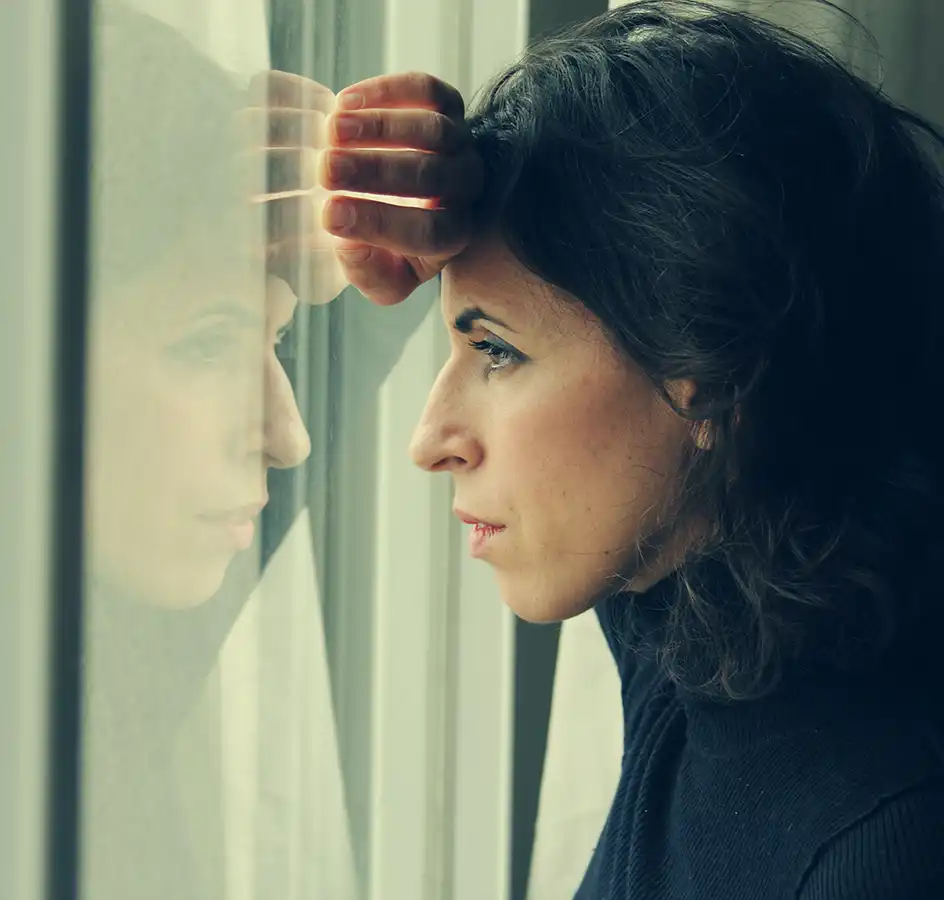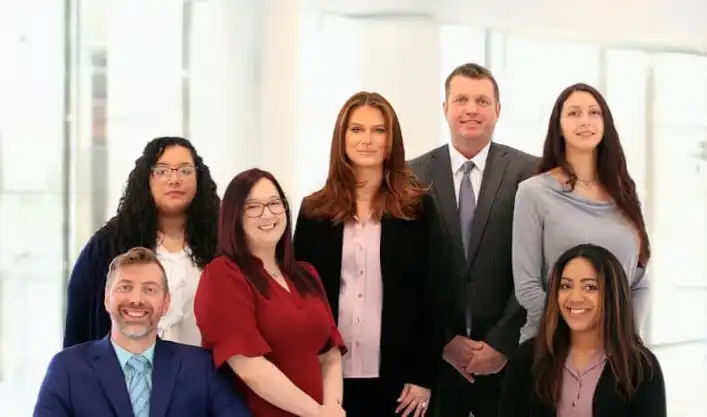Sex Trafficking in Raleigh
Sex trafficking is one of the most devastating forms of exploitation, stripping individuals of freedom, dignity, and safety. Raleigh survivors of trafficking often endure physical and emotional trauma, financial instability, and lifelong stigma. Many were coerced, threatened, or manipulated into exploitation, while others—particularly minors—were trafficked under circumstances where any commercial sex act automatically qualifies as trafficking.
Trafficking in Raleigh can occur in hotels, residential care facilities, massage parlors, brothels, and increasingly online. Traffickers often use fraudulent promises of employment or safety, or rely on violence, debt bondage, and psychological manipulation to maintain control. For immigrant survivors, fear of deportation or legal consequences can deepen their dependency on traffickers.
The impact of sex trafficking is profound. Survivors may develop PTSD, depression, anxiety, or substance dependency. Many face barriers to housing, employment, and healthcare, while also grappling with criminal records tied to coerced acts. Children and young adults in Raleigh are especially at risk, often targeted because of prior trauma, poverty, or family instability.
Federal law provides strong protections. Thanks to the Eliminating Limits to Justice for Child Sex Abuse Victims Act of 2022, in Raleigh survivors trafficked as minors may bring claims at any time, without statute of limitations. States across the country have also expanded civil and criminal timelines for trafficking claims. Survivors in in Raleighmay pursue both criminal charges against traffickers and civil lawsuits seeking damages for medical care, therapy, lost wages, and emotional harm.
Survivors in Raleigh are legally recognized as victims—not criminals—and are entitled to safe housing, medical care, legal assistance, and protection from retaliation. Non-citizen survivors in in Raleigh may also qualify for immigration relief, such as visas or special status under federal law.
Pursuing a trafficking claim can be daunting, but with trauma-informed attorneys and support networks, survivors in in Raleigh can hold traffickers and negligent institutions accountable. Legal action not only helps individual survivors heal, it also disrupts trafficking networks and creates safer communities.







